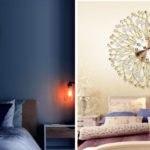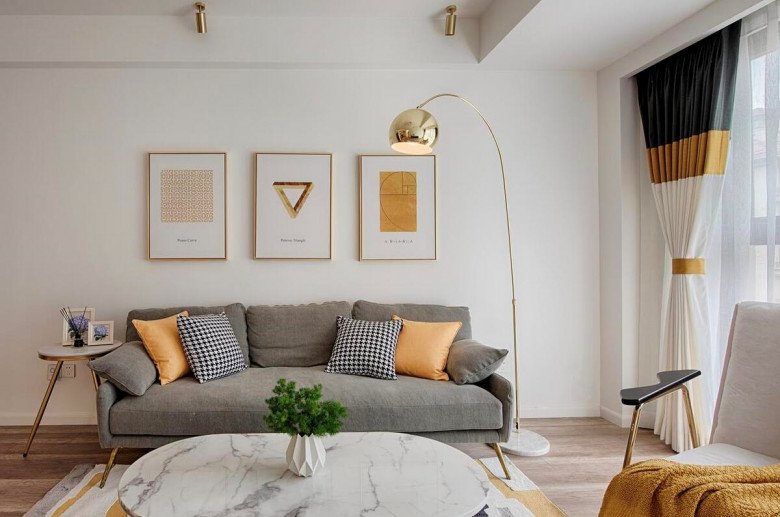
After replacing my sofa three times, I’ve learned that buying this piece of furniture should follow the “5 Don’ts” rule.
1. Don’t Go for a Leather Sofa
Leather sofas are not an ideal choice. While they can make your living space look more luxurious, they also come with several drawbacks:
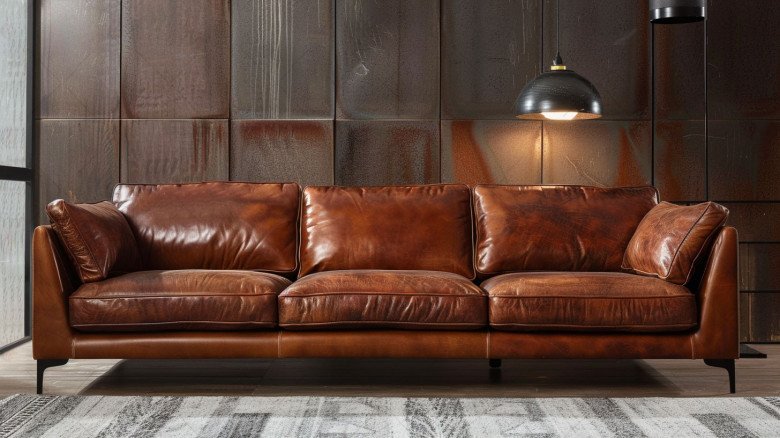
– Expensive:
Leather sofas tend to be more expensive than other types. This is because leather material usually requires more time and resources to produce. So, if you’re looking for an affordable sofa, leather might not be the best option.
– Not Suitable for Hot Climates:
In hot climates, leather sofas can get very warm. This can make you feel uncomfortable, especially during the summer. Additionally, if your home doesn’t have air conditioning or a ventilation system, a leather sofa could become a mosquito magnet.
– Hard to Clean:
Leather sofas are challenging to clean and require special care and maintenance. If you have pets or children, you need to be extra careful to avoid stains or scratches on the sofa. Moreover, if your family enjoys snacking or drinking on the couch, it’s best to avoid doing so on a leather sofa, as it will require frequent cleaning.
– Not Very Comfortable:
While leather sofas look luxurious, they are generally not as comfortable as other types. This is because the surface of a leather sofa is relatively hard, not as soft as other sofa materials. If you like to lounge or sleep on your sofa, you may find a leather sofa less comfortable.
In summary, when buying a sofa, consider other options such as cotton, velvet, or wooden sofas. These types of sofas are typically more comfortable, practical, and affordable than leather sofas.
2. Avoid Bean Bag Sofas
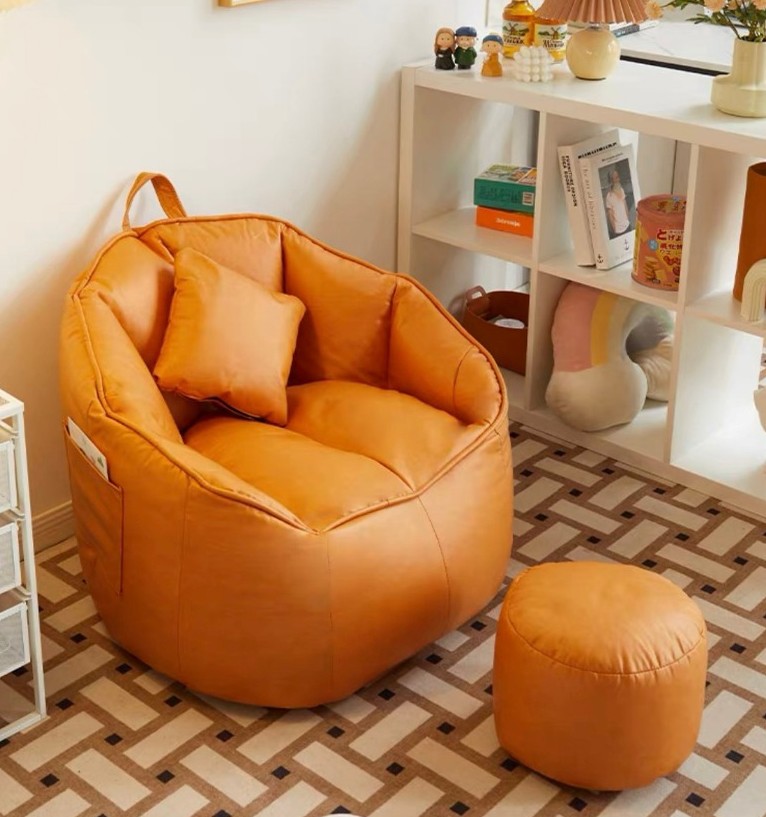
When buying a sofa, many people are attracted to the concept of a “bean bag sofa” or “bean bag chair.” However, the design of this sofa does not meet ergonomic standards and healthy sitting postures. Prolonged use of this type of sofa can cause discomfort and even affect spinal and muscular health.
To avoid these issues, it’s best to steer clear of bean bag sofas.
3. Steer Clear of Low-Slung Sofas
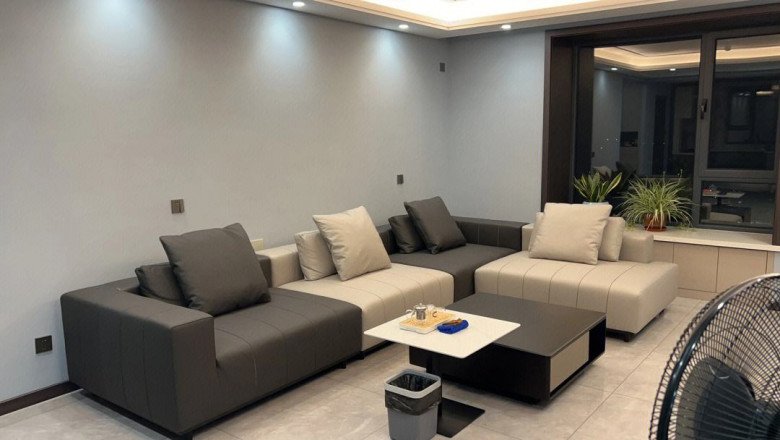
Low-slung sofas are often considered space-saving furniture. However, from a hygiene and maintenance perspective, this type of sofa has some significant drawbacks.
The low clearance underneath the sofa makes it inconvenient for cleaning and can lead to a buildup of dust and small debris, becoming a breeding ground for bacteria and potentially affecting your family’s health.
Additionally, low-slung sofas tend to have a shorter lifespan due to their low-slung structure, which can cause the sofa to become unstable over time, with issues like tilting and shaking.
4. Avoid Low-Back Sofas
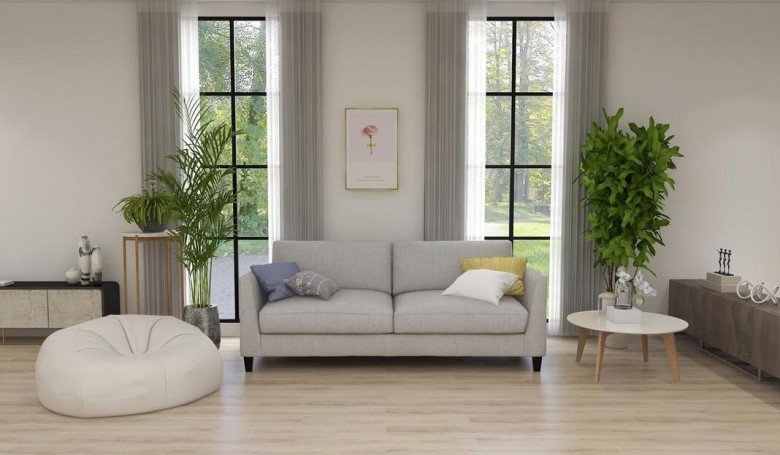
When shopping for a sofa, it’s best to avoid those with low backrests. Low-back sofas are generally considered less comfortable because they don’t provide adequate support for your neck and back.
Without proper support, you may find yourself sitting in a lopsided position, relying on your arms to balance, which can lead to arm fatigue and discomfort. Therefore, low-back sofas are not suitable for extended periods of sitting.
5. Wooden Sofas are a No-Go
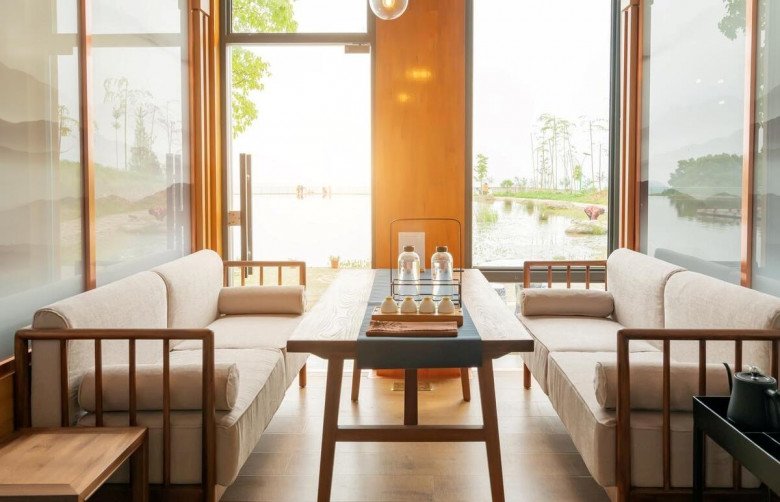
While wooden sofas have a beautiful appearance and elegant structure, they also come with some drawbacks. Specifically:
– Prone to Scratches and Damage:
Wood is a relatively soft material, so it’s susceptible to scratches and damage from everyday use. This can affect the aesthetics and value of your sofa.
– High Maintenance:
As a natural material, wood requires regular maintenance to prevent deterioration. You’ll need to polish or paint the surface to protect it and maintain its shine. If you lead a busy life, owning a wooden sofa might become a nuisance.
While wood is durable, it’s not a soft material. This means that if you’re looking for a sofa to relax and unwind on, a wooden sofa might not be the best choice. Opt for a softer, more comfortable sofa to enhance your relaxation experience.
Unfavorable Clock Placement in Feng Shui: Destroying Wealth Without Realization
In many cultures, hanging clocks at certain locations in the home is thought to influence the flow of energy and harmonize with feng shui principles. If your abode adorns timepieces in these auspicious spots, consider embracing feng shui wisdom to enhance the overall balance and positive vibes within your living space.

























